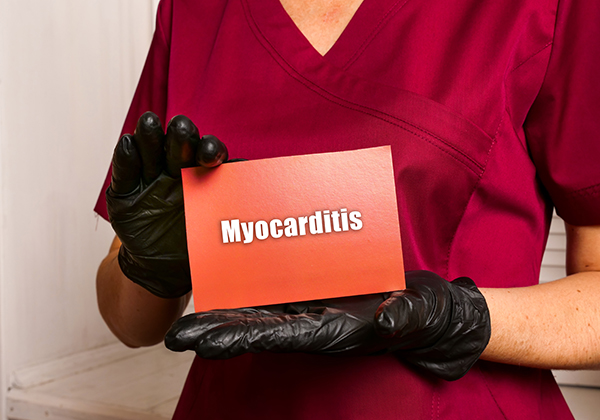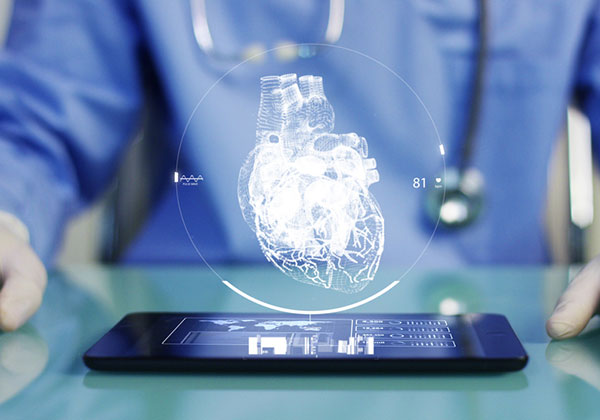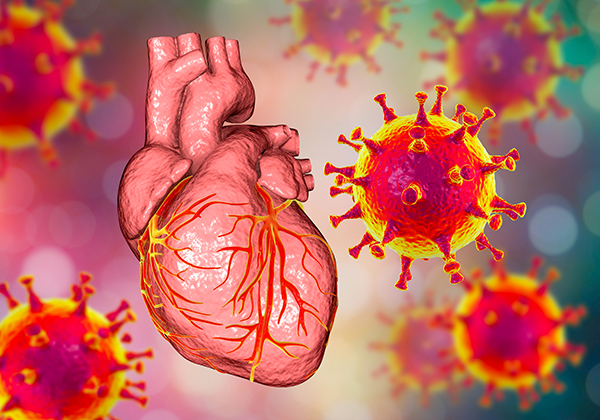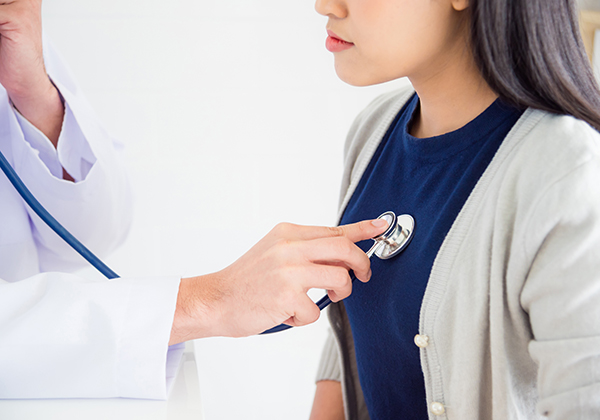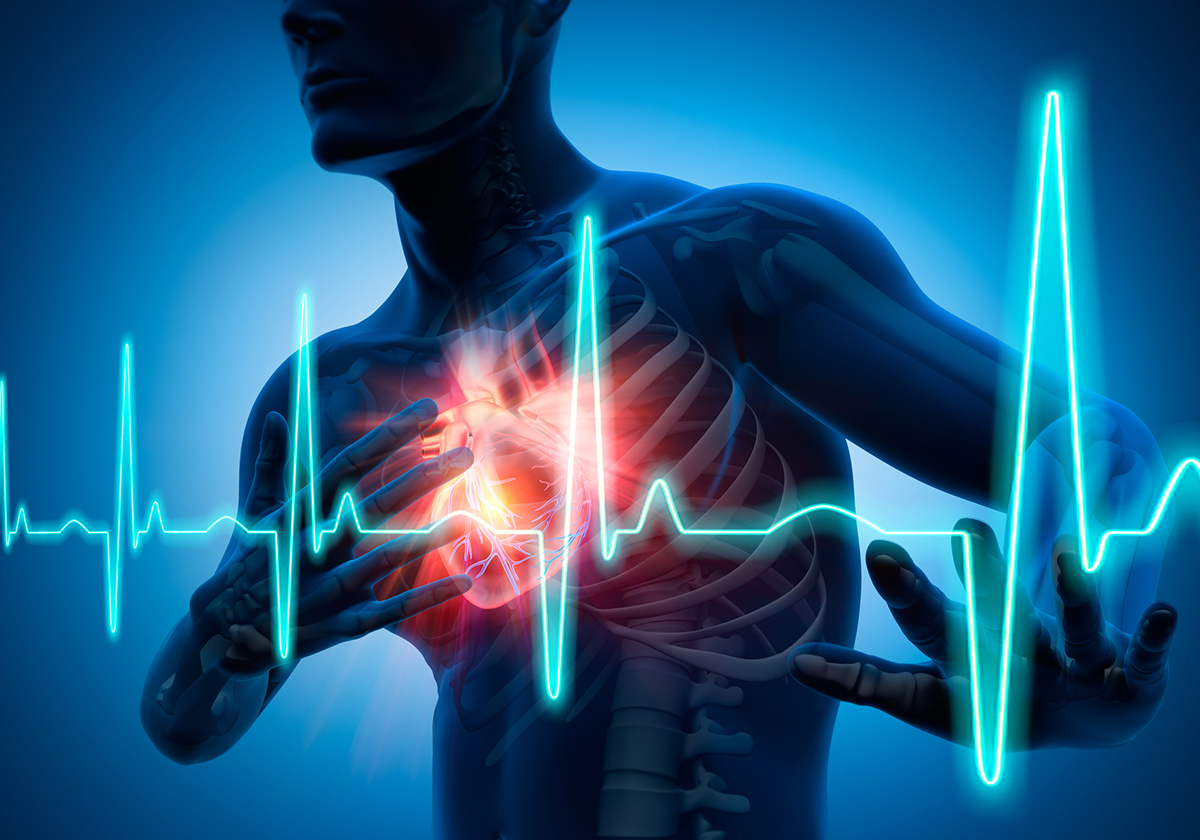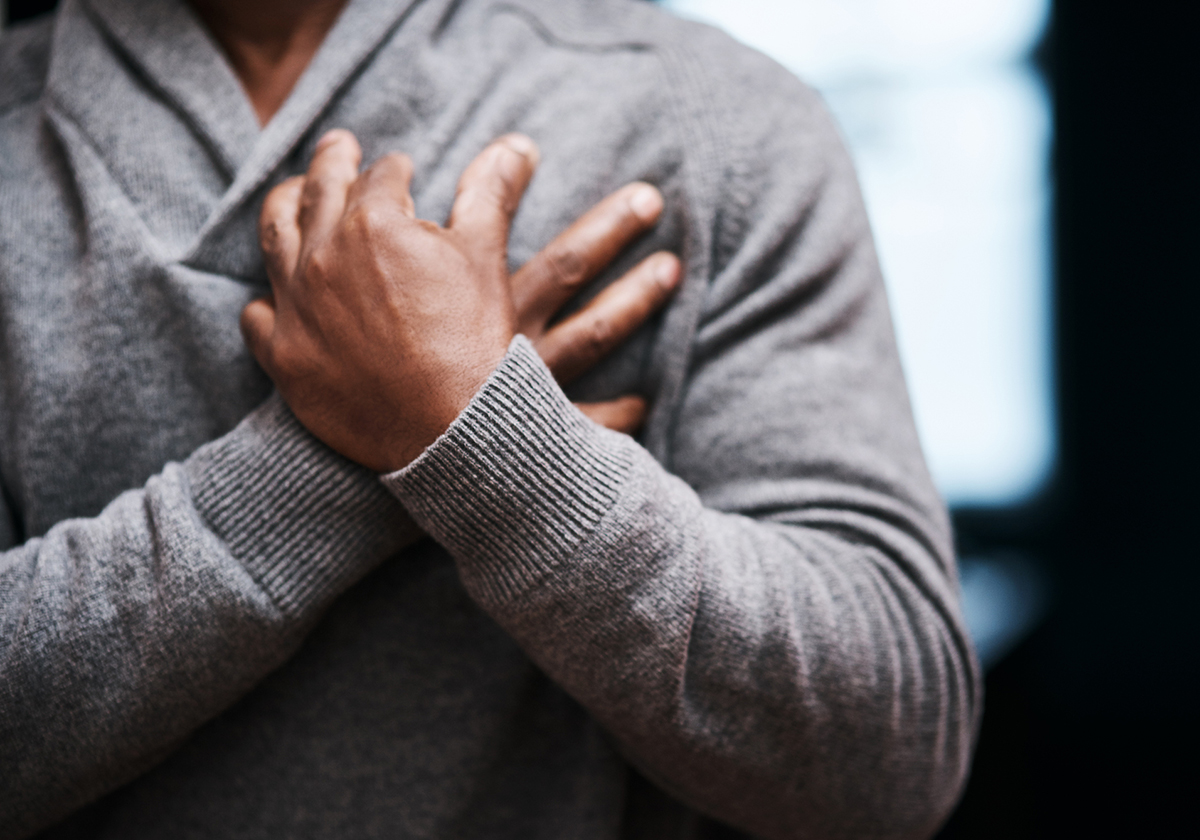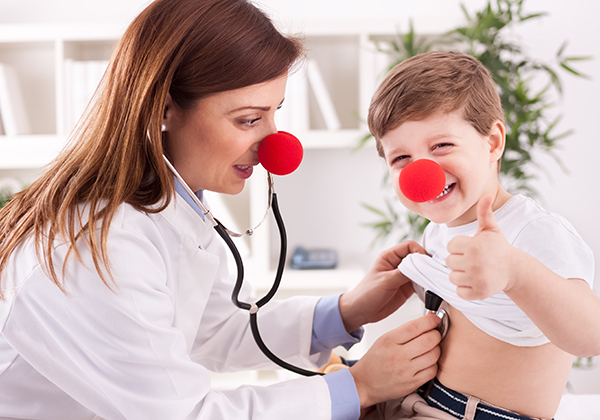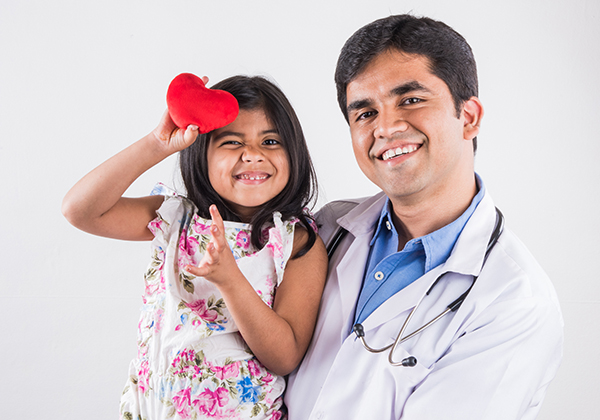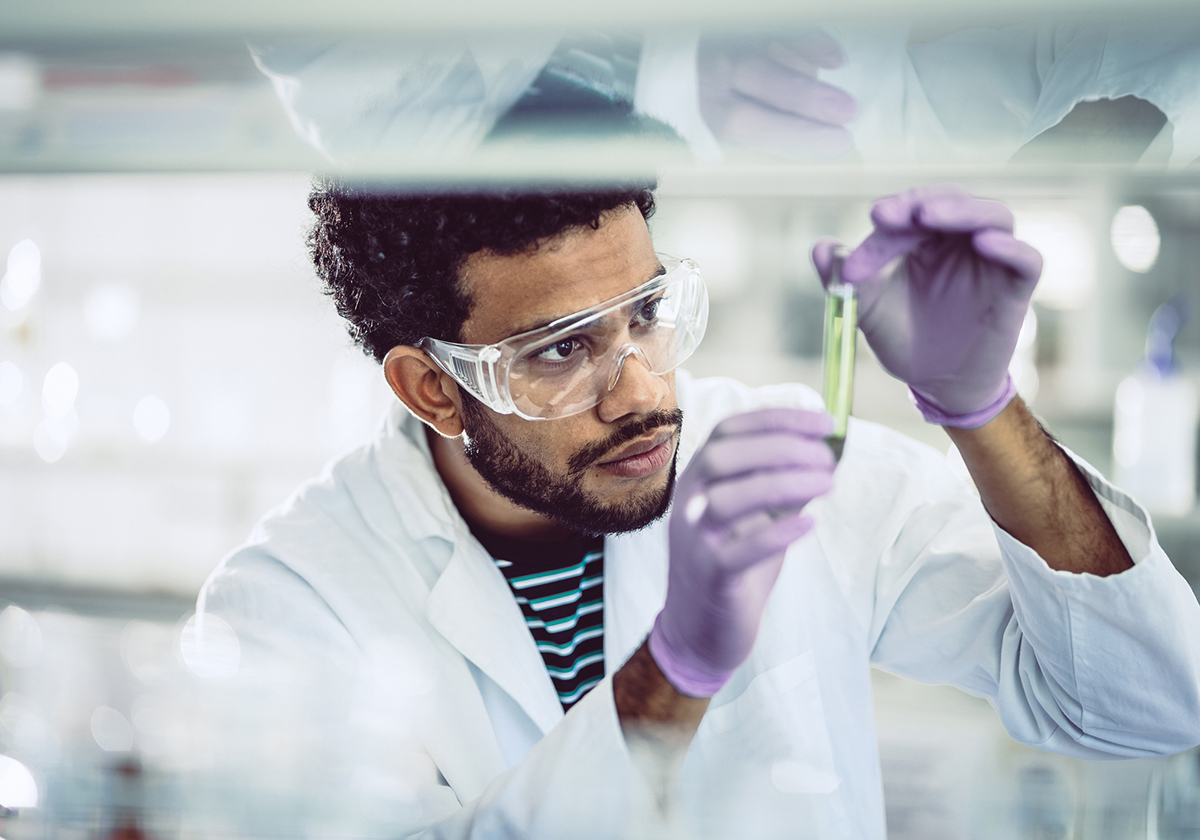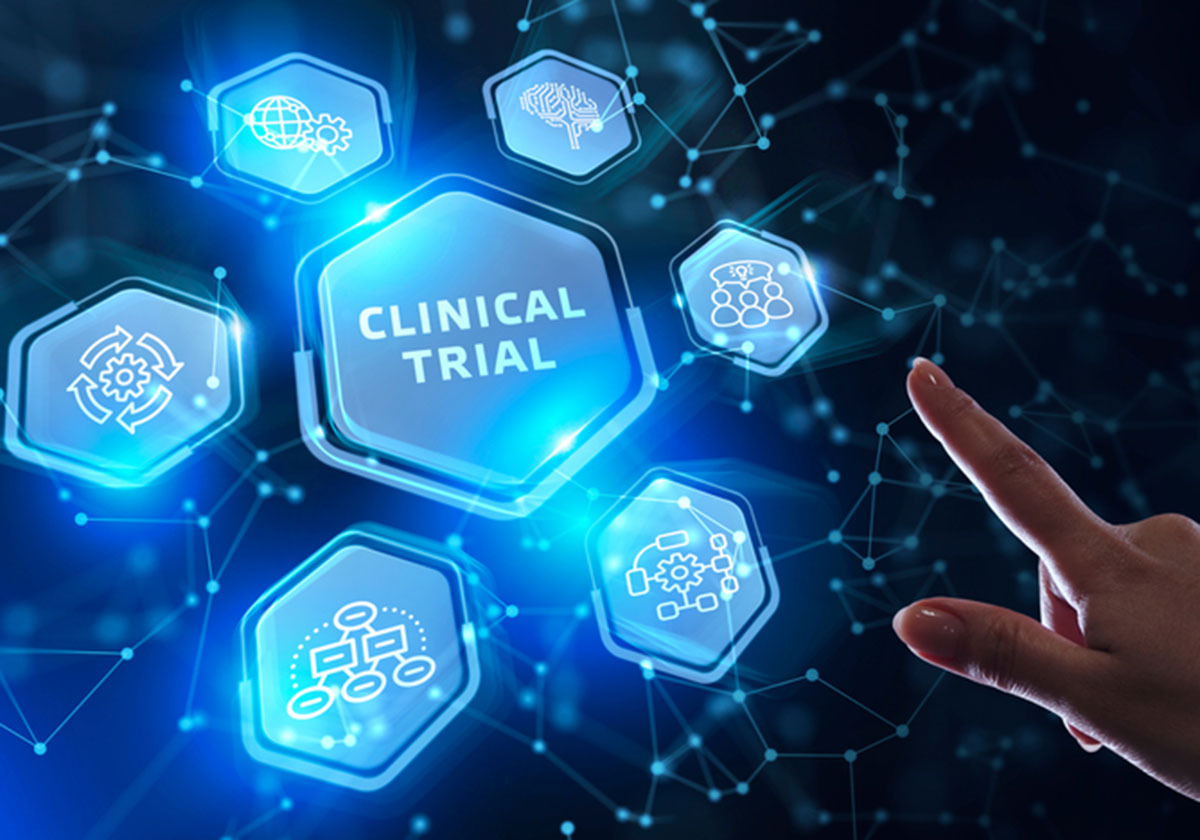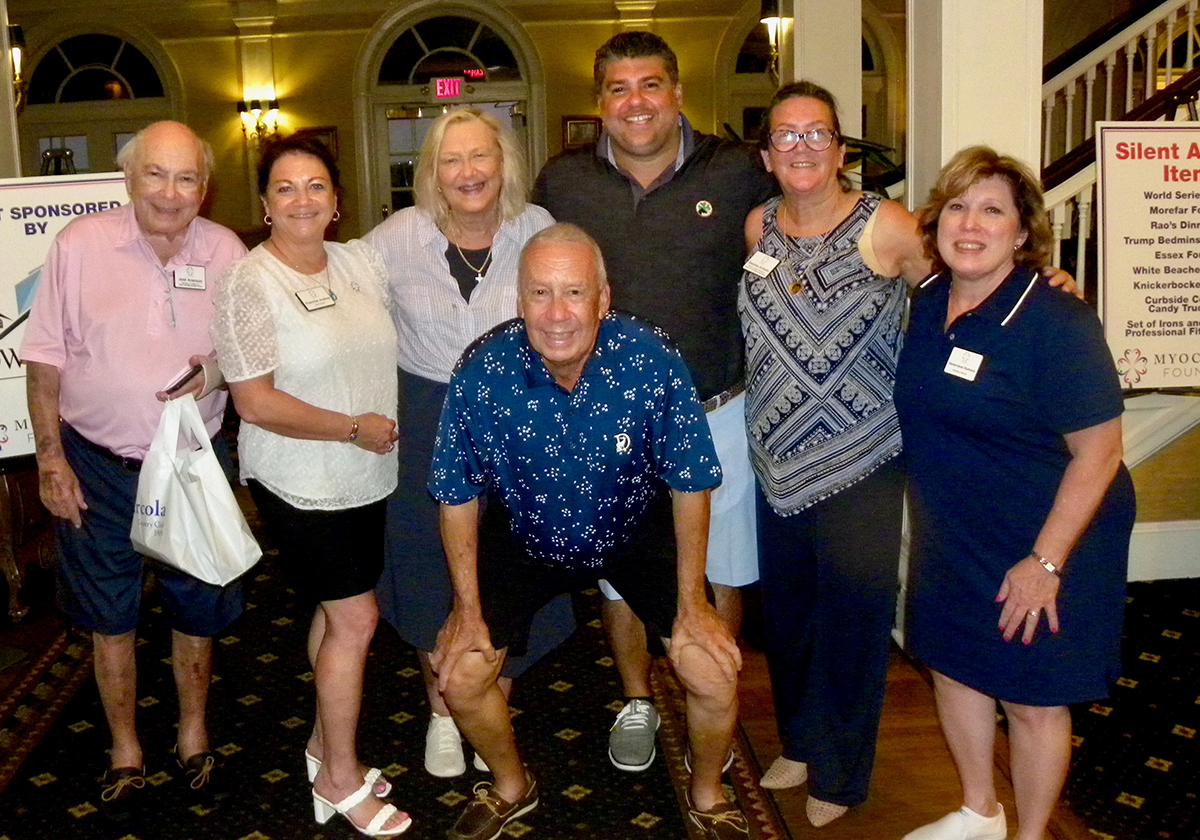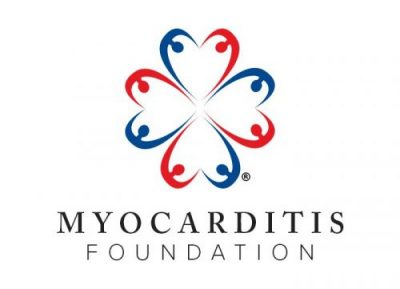Janus Kinase Inhibition in Sarcoidosis
Status: Recruiting
Conditions: Sarcoidosis
Location:
City/State:
New Haven, Connecticut
Contact Information:
William Damsky, M.D.
203-785-4092
[email protected]
Yvette Strong
203-737-2506
[email protected]
Brief Summary:
The purpose of this study is to investigate the role of the oral JAK1 inhibitor, abrocitinib 200 mg once daily, for the treatment of patients with moderate to severe cutaneous sarcoidosis.
Detailed Description:
To determine if JAK1 specific inhibition is effective in treating sarcoidosis, an inflammatory condition that can cause disfiguring skin lesions. The only FDA approved therapy is prednisone, a nonspecific immunosuppressant. The primary outcome will be the percent change in the Cutaneous Sarcoidosis Activity and Morphology Instrument (CSAMI) after 6 months of abrocitinib 200 mg daily in 10 patients with moderate to severe cutaneous sarcoidosis.The primary objective of this study is to determine whether oral abrocitinib reduces the CSAMI (a cutaneous sarcoid clinical scoring tool) in patients with moderate to severe cutaneous sarcoidosis. The CSAMI tool was selected over other scoring metrics given the highest interrater reliability of this metric in cutaneous sarcoidosis and the ability to generate subscores for active disease versus scarring. Secondary outcomes will include percent changes in organ involvement on whole body PET-CT imaging, Patients reported outcomes 1) Sarcoidosis related quality-of-life (QoL) metric (King’s Sarcoidosis Questionnaire), 2) Skin related quality of life (Skindex-16) metric, 3) sarcoidosis Fatigue Assessment Scale (FAS), and 4) Rhinosinusitis Disability Index (RSDI). Secondary outcomes will also include evaluation of molecular signatures before and during treatment. Soluble IL-2 receptor levels in plasma are the most reliable known biomarker for sarcoidosis and will be assessed at 0 and 6 months. Additional secondary outcomes will include correlative immunologic changes in skin tissue and blood as a result of treatment. Documentation of any spontaneously reported adverse events will be completed throughout the study.

